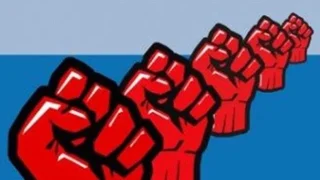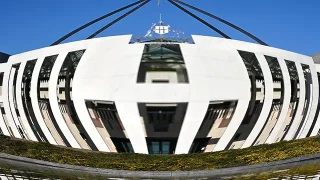
The Queensland sugar industry is once again pleading for government assistance. Cane farmers claim they need up to $600 million, not only to cope with low world sugar prices and increased competition from countries like Brazil, but also to compensate for being denied concessional access to the American market under the Australia-United States Free Trade Agreement. The federal government has indicated that farmers will have to settle for less, although the details of its ‘sugar package’ have yet to be announced.
This is classic ‘pork barrel’ politics – when geographically concentrated groups (such as sugar farmers) and local political representatives in key electoral seats demand taxpayer-funded projects or transfers that benefit their own narrow constituency but diffuse the costs to the general population.
For nearly 100 years such pork barrelling has propped up a recalcitrant industry that has refused to reform despite evidence that deregulation would lead to higher profits. Now the negative side effects of federal and state regulation and intervention have built up to crisis point. The industry has become chronically uncompetitive. Indeed, the current set of regulatory arrangements inflicts such massive costs and inefficiencies on the industry that if any individual farmers happen to be profitable at all, it is in spite of, rather than because of, these regulations.
More than any other agricultural industry in Australia, sugar production resembles a system of old-style agrarian socialism. The size and location of individual farms, as well as the amount and type of cane that can be grown, are determined collectively. Upon its manufacture, all sugar produced in Queensland then becomes the property of Queensland Sugar Limited (QSL). QSL effectively controls all aspects of supply and marketing, and distributes the proceeds of sales. Such collective decision-making taxes efficiency and subsidises inefficiency by transferring wealth from profitable to unprofitable growers.
Legislative reforms currently before the Queensland parliament propose abolishing the cane production area system and compulsory collective decision-making described above and allowing for individual and collective contracts, although single desk or monopoly selling arrangements would remain largely in place. These reforms are welcome and could make the industry much better off, thus reducing the need for the industry to be given further taxpayer-funded assistance by the Federal government. ‘Assistance’ or ‘rescue’ packages tend to make matters worse by generating perverse incentives for new inefficient producers to enter the industry (in the hope of obtaining future compensation) and for current inefficient producers to reject compensation offers and hold out for higher packages in the future, instead of leaving the industry because they are not making a profit. The net effect is to create a greater political demand for future ‘assistance’ packages. Like most government intervention, sugar subsidies create their own lobby that perpetuates the reason for the intervention. The best course of action may therefore be to abandon the notion of targeted regional ‘assistance’ package, and return funds to where they have their greatest economic value: in the hands of taxpayers.
Dr Alex Robson is a lecturer in the School of Economics, Faculty of Economic and Commerce, The Australian National University.









